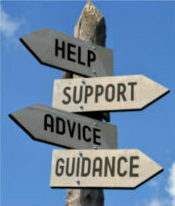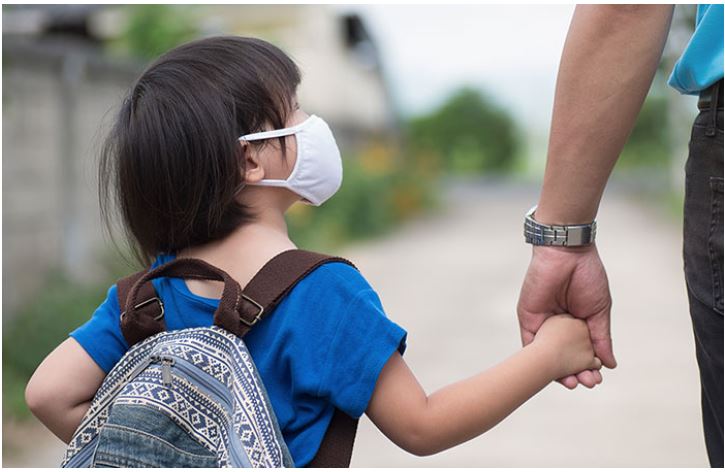Your 8-Year-Old Says ‘Everyone Lies’ – Why Shouldn’t I.” How to respond?
The key is to stay curious about their thinking rather than shutting down the conversation. They’re genuinely trying to figure out how the world works, and these discussions help build their moral reasoning skills.









